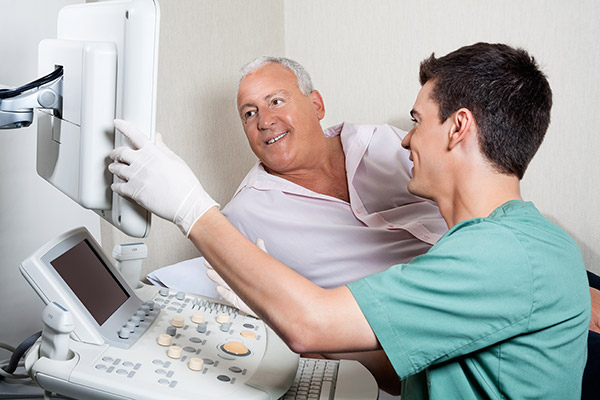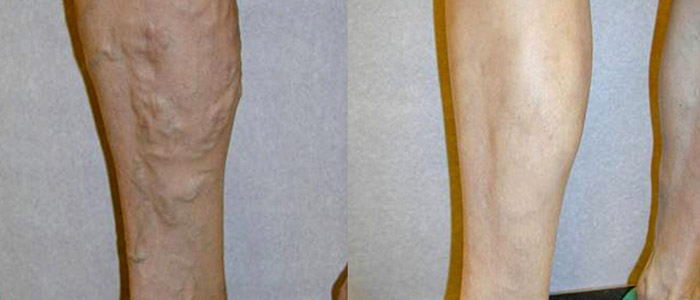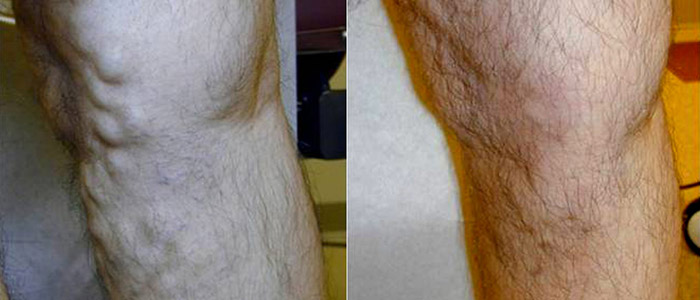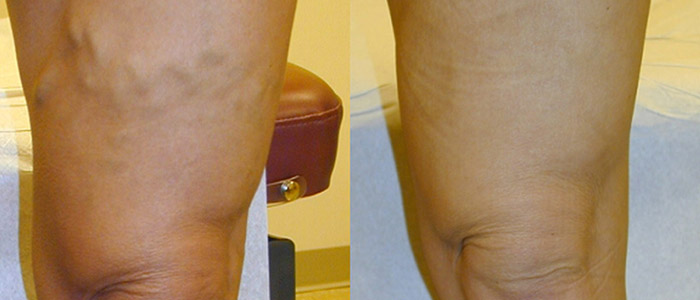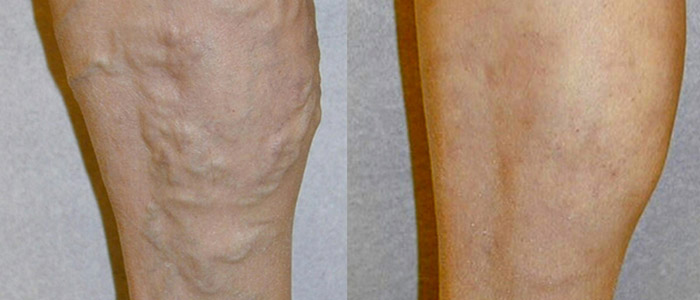A New Jersey Vein Specialist Publishes an Article on the Link Between Vein Disease and Stroke
Morristown, New Jersey. New Jersey Vein Center (NJVC) announces the publication of an article on the link between vein disease and stroke. According to the Morristown-based center, most people have no idea that vein disease can be a direct cause of an ischemic stroke. Dr. Lowell Kabnick, sole practitioner of NJVC and a top Morristown vein specialist, explains, “Stroke occurs in two ways – ischemic stroke happens when a blood vessel in the brain is blocked, preventing blood from getting to the brain. Hemorrhagic stroke occurs when a blood vessel leaks or bursts in the brain. Some 85% of strokes are ischemic.”
He goes on to say, “A common complication of vein disease is the development of blood clots, usually in the lower extremities. These clots form as a result of a breakdown in the valves inside the veins, which leads blood to pool in the legs and ankles. These blood clots may stay in the legs, or they can break free and travel up the body to the major organs, including the brain, and there they can block a blood vessel, causing a stroke.” Dr. Kabnick notes most people don’t even know they have a blood clot in their legs, because clots usually have few accompanying symptoms. However, a visit to a Morristown vein disease treatment center such as NJVC can detect both vein disease and blood clots, and can then treat them quickly and effectively.
Dr. Kabnick advises anyone with questions about vein disease and stroke to contact the New Jersey Vein Center for an appointment. For more information about vein disease treatment in Morristown, or on vein treatments in general, visit the New Jersey Vein Center website at https://lowellkabnickmd.com.
Varicose Vein Treatment Options
Many men and women find themselves suffering from spider veins (small, reddish veins found on the skin’s surface) and varicose veins (larger, bulging veins that often appear blue in color). Although both genders are at risk for varicose and spider veins, women are more likely to experience them than men. There are a number of different vein treatment options available to safely and effectively remove varicose veins.
These minimally invasive treatments, which include radio frequency ablation, sclerotherapy, endovenous laser ablation, and phlebectomy, are the result of recent technological advancements and deliver optimal results without causing unnecessary downtime or unpleasant side effects. New Jersey Vein Center

